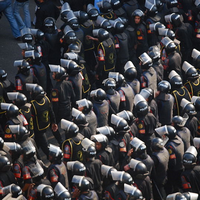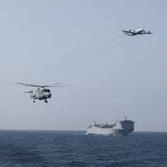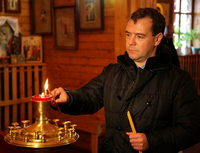
One of the mysteries of Iran’s nuclear program is the fact that, despite periodic warnings about how close Tehran is to acquiring a nuclear weapons capability, the Iranian nuclear program is proceeding at a slower speed than that of earlier nuclear weapons states. Whereas Pakistan and North Korea needed only some 10 years to develop atomic bombs, Iran has had a nuclear program for almost three decades without producing a weapon. Various explanations could explain this deliberate pace. Iranian leaders might still be debating their nuclear weapons options and not yet committed to pursuing a nuclear weapon or capability. Iran’s […]




